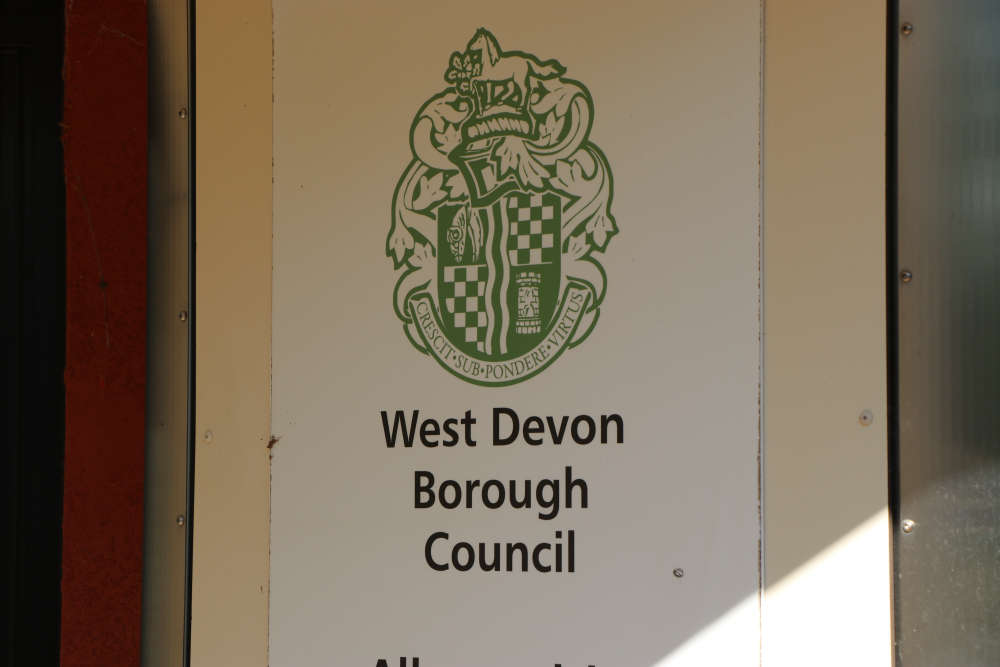
An extra 10 pence per week
Councillors in West Devon have given the go ahead to raise council tax in the coming financial year.
The increase of £5 – or 2.07 percent on a Band D property – works out to be about 10 pence per week, generating £5,102,220 for the council.
Members at the full council meeting on Wednesday heard how West Devon Borough Council had faced a reduction of £3 million from the government since 2009 and now receives no grant from central government.
Despite the cuts, the council says it has been able to protect all the frontline services it legally has to provide and, by working with South Hams District Council, also makes savings of £2.2 million.
The council tax increase is included in the calculation of so called ‘core spending power’ which is the amount of extra funding a council will get in the financial year 2022/23. This figure is expected to be 4.6 per cent.
The budget was passed by 22 votes to four, and in summing up, council leader cllr Neil Jory (Conservative, Milton Ford) addressed some concerns about raising council tax at this time.
“I agree with a lot of things that have been said. I don’t think any of us want to stand here at a time when we know that people within our communities are having difficulties and propose an increase in costs to anything,” he said.
“We have, I think, to be realistic and recognise that this council is a well-run council, its finances are extremely well-run.
“I believe this council is extremely efficient and lean at what it does.
“We’re already looking at a medium-term financial strategy where we have nearly a half million pound deficit next year, and we started work already on trying to address that.
“So, we really cannot forgo the benefit of having that extra income and building upon it.”
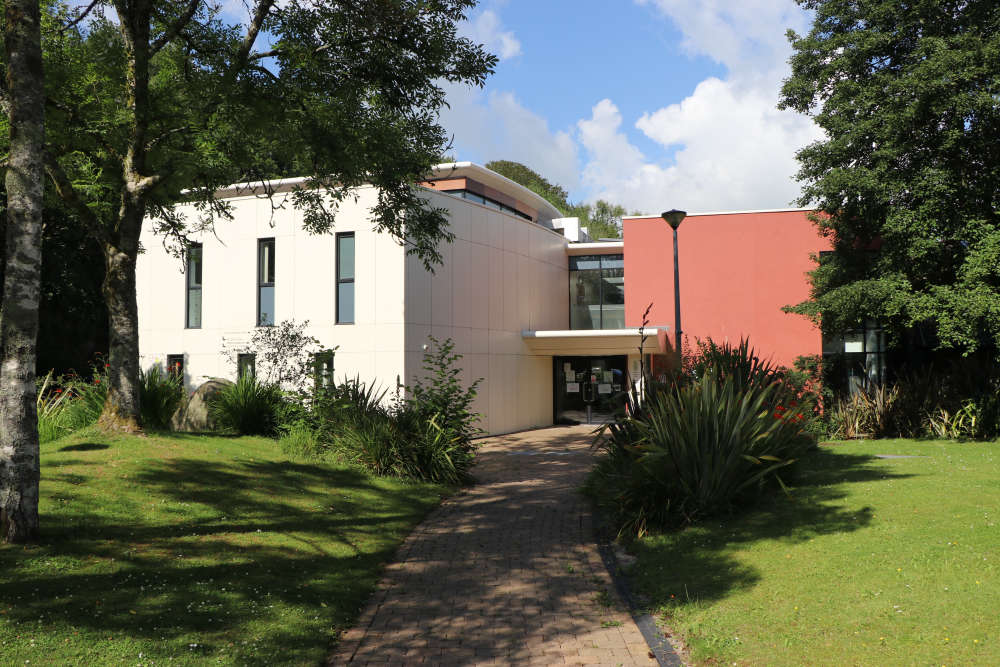
West Devon Borough Council Offices (courtesy: Local Democracy Reporting Service)
The budget also means business rates baselines (BRBs), which are used to work out how much authorities pay out or receive as part of the redistribution system, will not be reset until next year.
Accordingly, the council will not need to pay any of its business rates income back to the government. That will be bring £182,000 to the council.
Councillors heard how there had been a number of smaller cost pressures which had put additional strain on the authority’s budget.
These included the funding of a rough sleeper outreach worker post at £16,000, funded by homelessness government grant income and IT support contracts, costing £30,000. In addition, staffing costs for the joint local plan totalled £25,000.
West Devon’s earmarked reserves – which are amounts set aside for specific policy purposes or general contingencies and cash flow management – have increased by more than £3.9 million to almost £9 million.
This is due to a reserve, set up to hold business rates compensation grants, needing to be released in order to smooth the impact of the business rates’ deficit over the next three years. So this money is not available for the council to spend.
 Rare curlews and martens are leaving Dartmoor - for now
Rare curlews and martens are leaving Dartmoor - for now
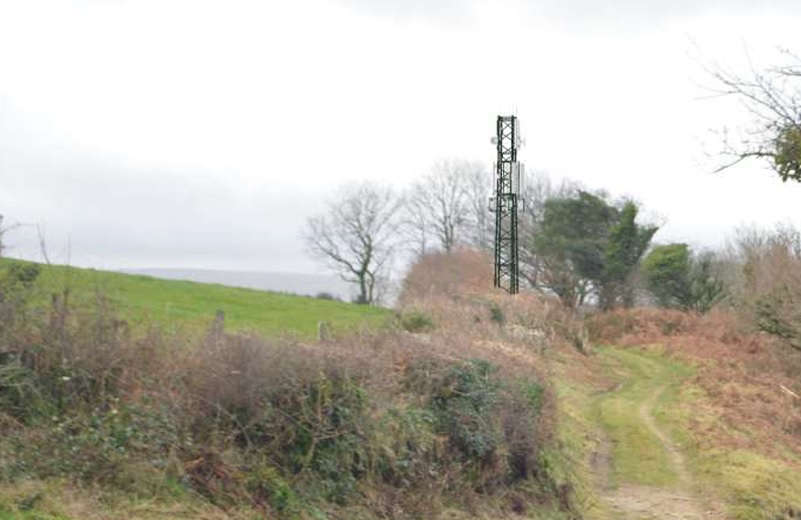 Dartmoor phone mast gets the go-ahead
Dartmoor phone mast gets the go-ahead
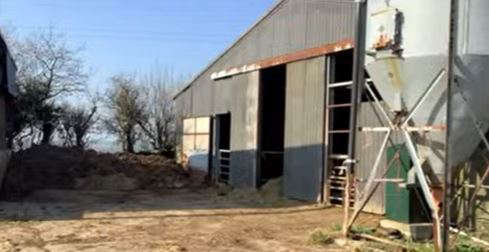 Livestock processing plant refused at Shebbear
Livestock processing plant refused at Shebbear
 Devoncast - New lives for two Devon landmarks and the mysteries of AI
Devoncast - New lives for two Devon landmarks and the mysteries of AI
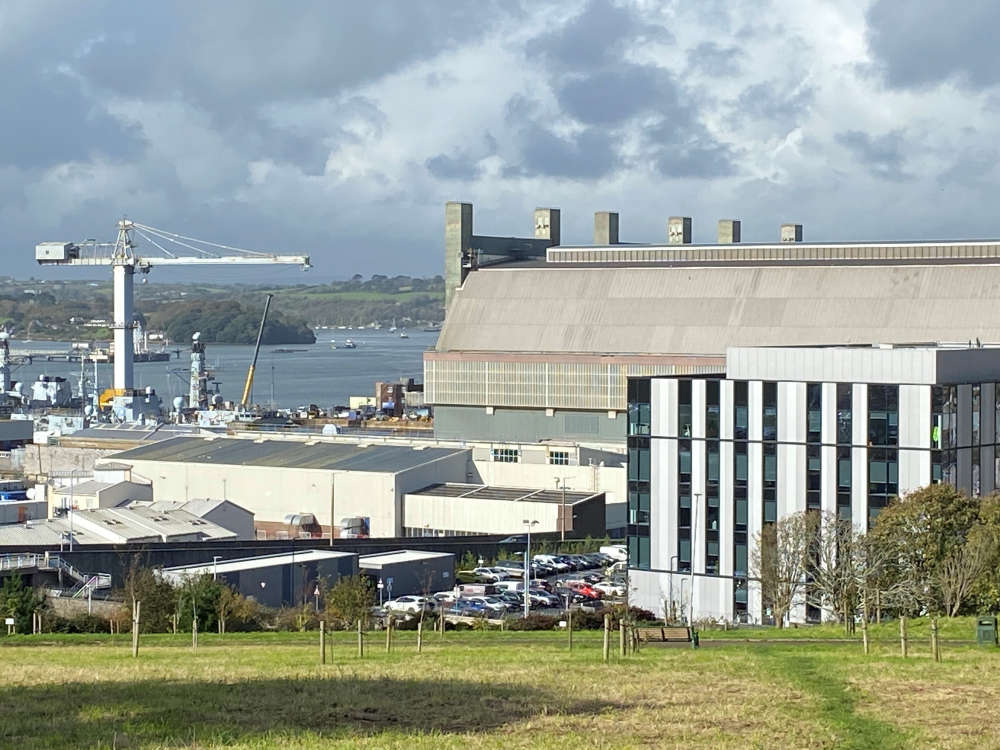 Two Devon warships could be sold to Brazil
Two Devon warships could be sold to Brazil
 Devon police dog honoured
Devon police dog honoured
